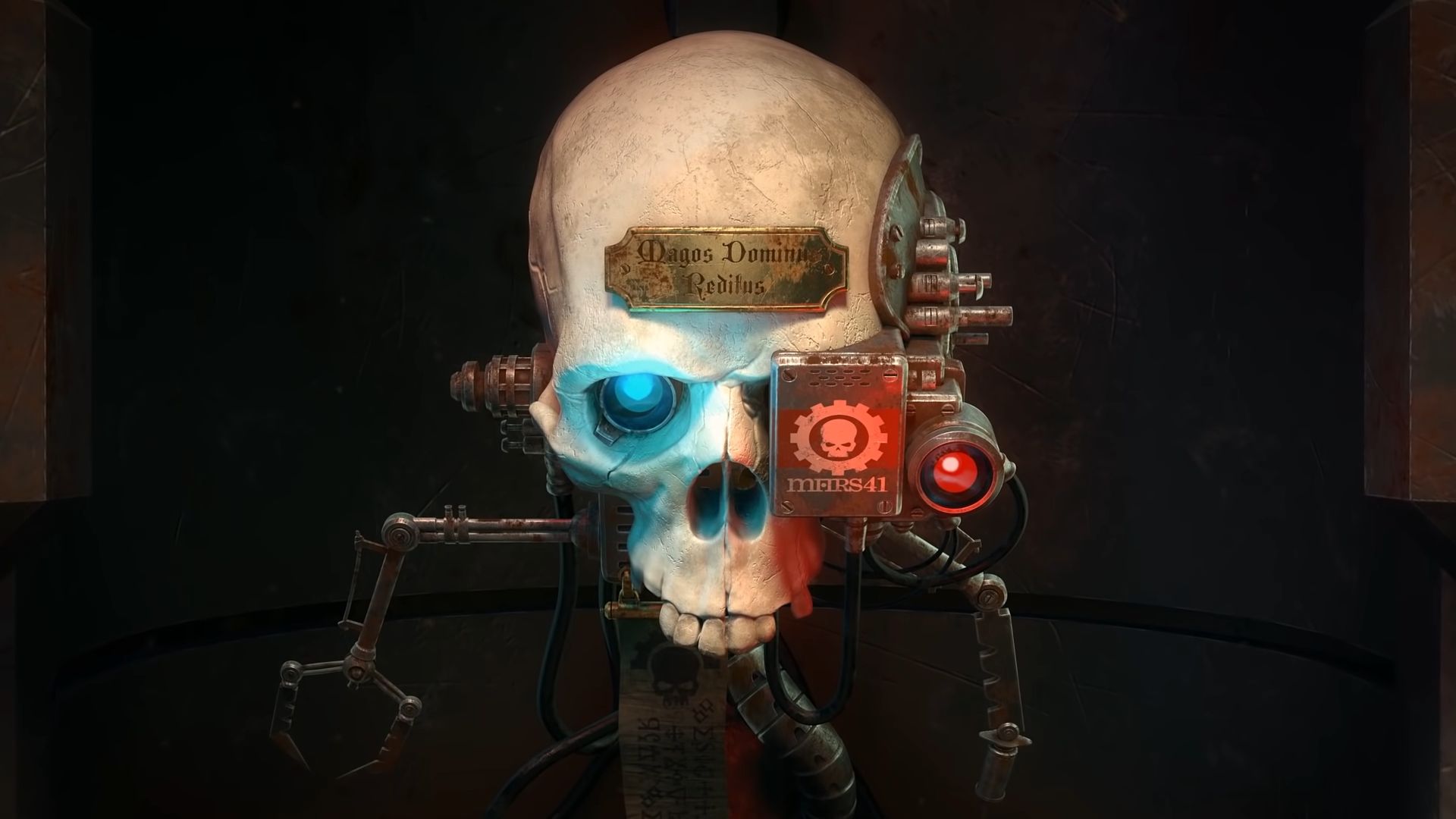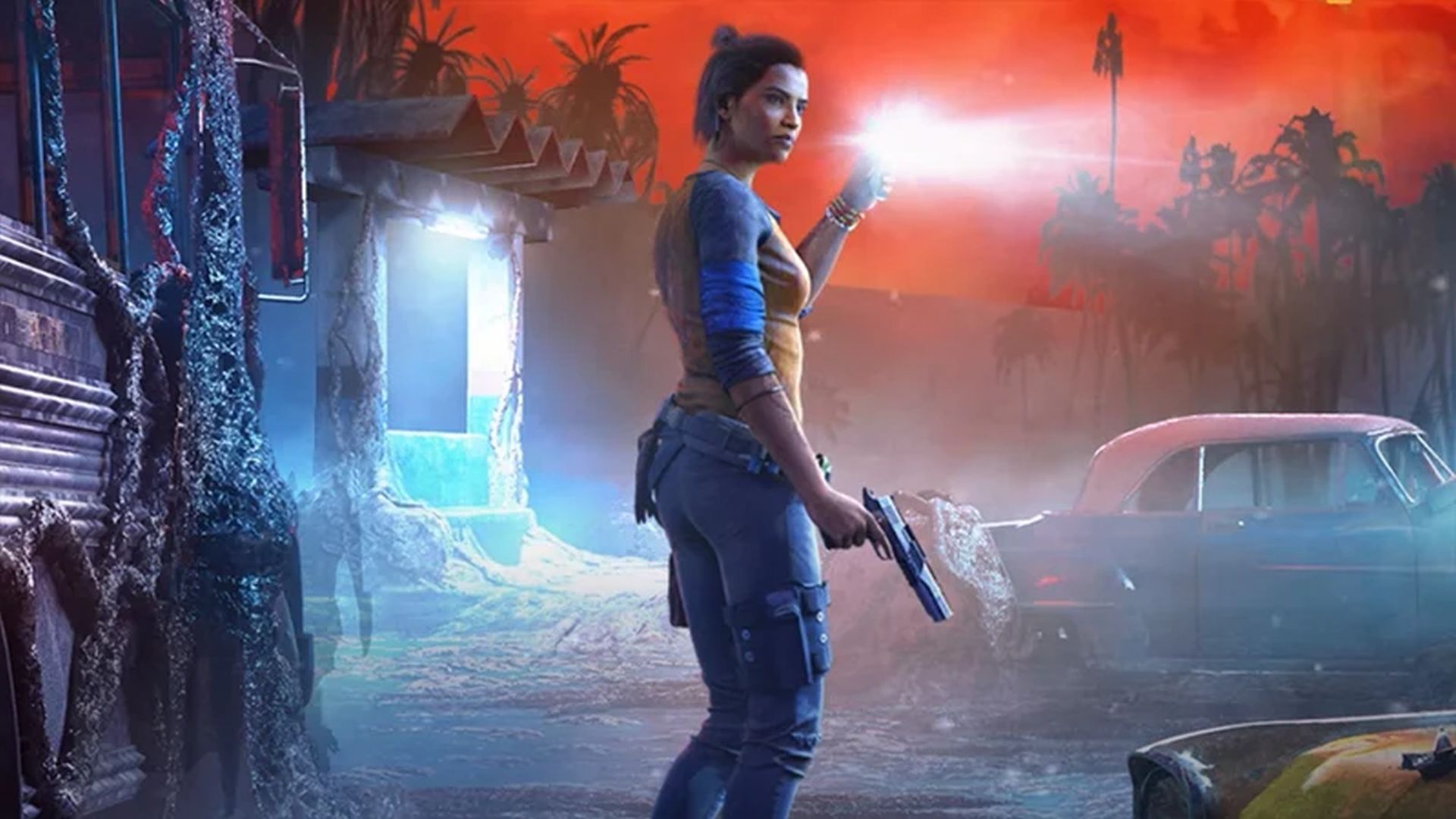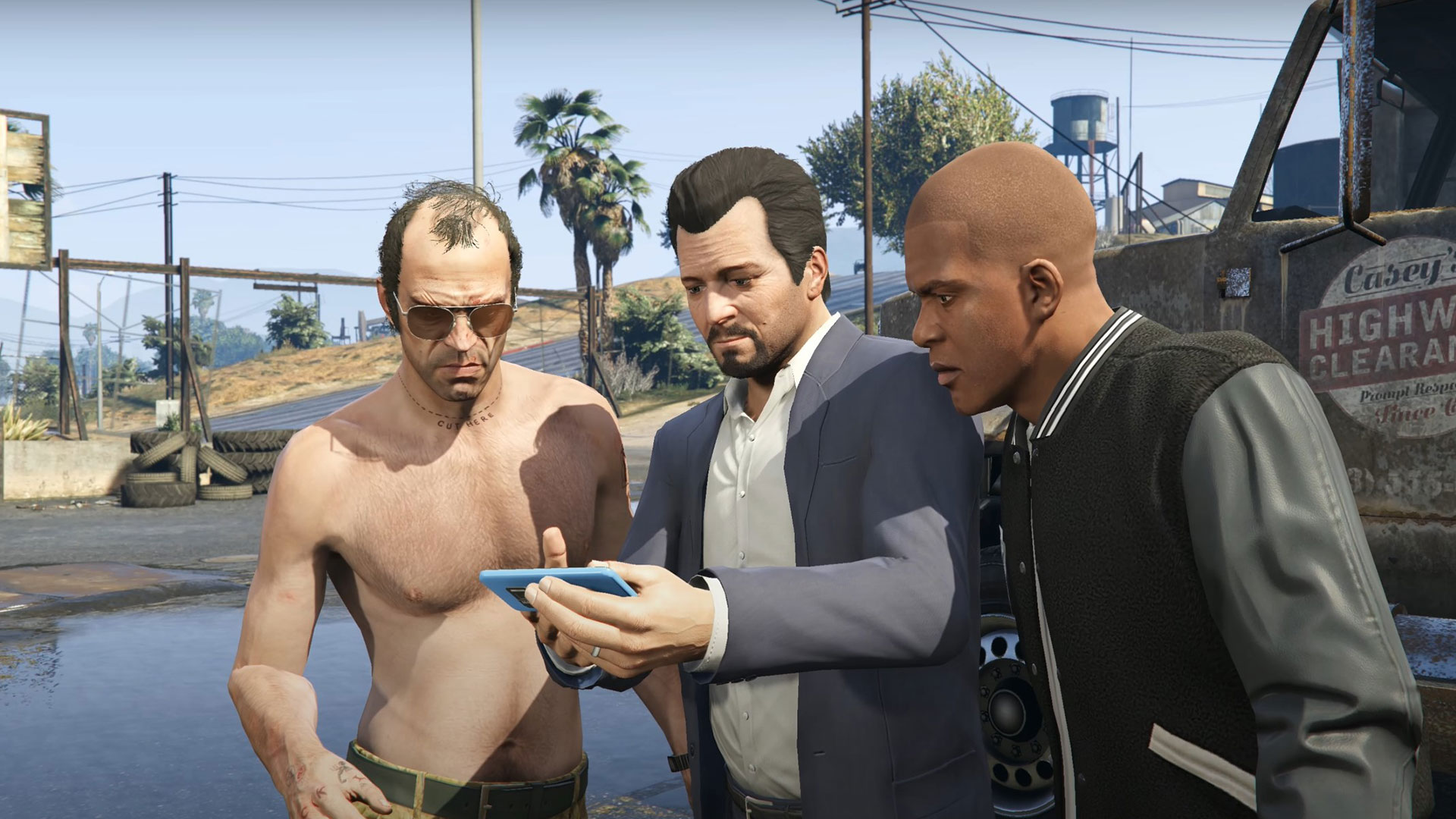
AI, specifically but not exclusively large language models, has become a hot topic among many of the games industry's biggest companies, with multiple executives praising the tech during the industry's latest earnings wave, and expressing interest in integrating it into production pipelines.
EA CEO Andrew Wilson reckons video games will be "one of the greatest beneficiaries of AI broadly," as he said at the company's May earnings call.
"I think that it will allow us to do what we currently do more efficiently," Wilson said. "It will allow us to actually do more things as we think about being creators, our ability to use AI to augment our incredible teams and create even more entertainment for an audience that has an insatiable appetite for what we're doing. And then, ultimately, to allow AI to help our players and our fans create content in our world represents a significant opportunity for us."
Wilson also acknowledged some of the "fears" around AI, like its potential to displace – in this case – game developers, confusion over data ownership in AI's scrape-and-iterate processing, as well as "bad actors using AI."
"I think what our plan will be is to work with others in our industry, others in entertainment, others in technology, and others in governments and regulators over time to help the laws keep up with the pace of AI so that our consumers, our players, our fans aren't subjected to bad actors' unfortunate behavior as a result of AI in our industry," he added.

In Ubisoft's call, CEO Yves Guillemot seemed even more confident, arguing that large language models will only become more prominent in game development.
"There's a lot coming there, and we also have a lot of data in the company from all our brands that will be able to take advantage of [it] to create lots of content," Guillemot said. "We've been working a lot on that in the last few years, so it will be good growth coming from that."
In an earnings release, Ubisoft said it's "uniquely positioned" to lead the adoption of generative AI due to its size and portfolio, with "creators and developers of all levels" already "experimenting" with the technology.
"In parallel, teams are leveraging years-long R&D efforts in AI and Machine Learning applications, especially through La Forge, to identify the best use cases and harness the power of this technology to have a positive impact on creativity, workflows, and players’ experience," the company said.
Kotaku reports that Activision CEO Bobby Kotick was fully aboard the AI train in a recent staff meeting, arguing that games and "a lot of modern day AI" are fundamentally interwoven.
"I don’t know how much people realize that a lot of modern day AI including ChatGPT started with the idea of beating a game, whether it was Warcraft or Dota or Starcraft or Go or Chess," Kotick reportedly told staff. "But what is now these large language learning model AI technologies all started from this idea of beating a game.”
"I think it will have a profound positive impact on the things we’ll be able to do in game development for our players," Kotick continued. "It will enable us to do things that we haven’t been able to do for a long time ... And I think when you look out over the next five or seven years, the impact in game making is going to be extraordinary."

Take-Two CEO Strauss Zelnick also embraced AI in the company's earnings call, but with more tempered expectations. "While the most recent developments in AI are surprising and exciting to many, they're exciting to us but not at all surprising," he said. "Our view is that AI will allow us to do a better job and to do a more efficient job. You're talking about tools and they are simply better and more effective tools."
In particular, Zelnick asserted that AI "obviously won't" be able to make hit games, instead positioning the technology as just another wrench in the toolbox – a somewhat cooler take in the same vein of EA's vision to "augment" work that's already being done.
"Hits are created by genius," Zelnick said. "And data sets plus large language models does not equal genius. Genius is the domain of human beings and I believe it will stay that way."
In its corporate strategy meeting, Sony said it's "leveraging technologies such as VR and AI" as it tackles "the challenge of expanding the field of [emotions] from real space into the virtual and mobility spaces from a long-term perspective."
"Sony is extending the creativity of creators with AI represented by 'Gran Turismo Sophy,' a racing AI agent that enhances the value of the experience within the game space," the report reads. "Sony intends to continue to promote research and development in this area, alongside social implementation."
We once saw similar, if not greater confidence around NFTs and blockchain integration – which worked out very poorly for Ubisoft, and which companies like Square Enix are still looking to invest in – but the games industry has largely moved away from that sector after public blowback and some failed experiments. So, so many failed experiments. Will AI-powered games, versus AI as a tool for games, go the same way? It's hard to say for now, but it will be interesting to see if executives are still heaping praise on this particular gold rush in another three months.
Early AI games have not gone down perfectly, with Square Enix's "AI tech preview" instantly becoming its worst-rated Steam release.







